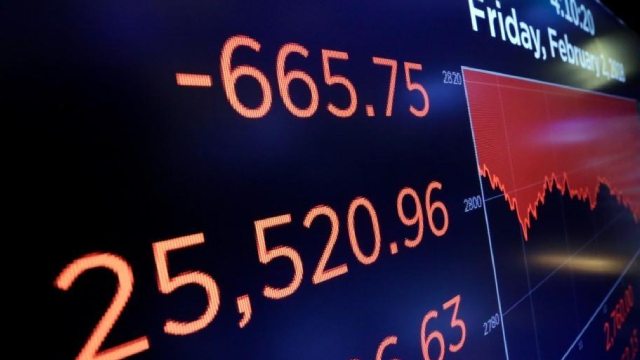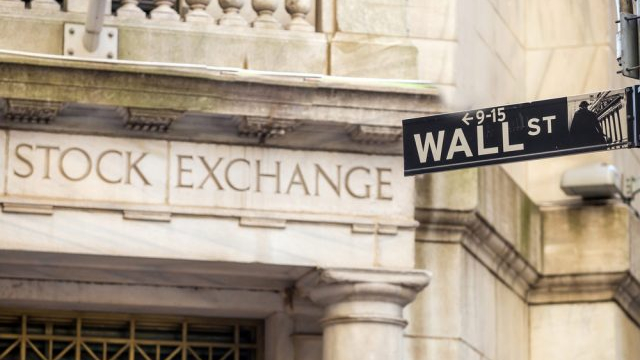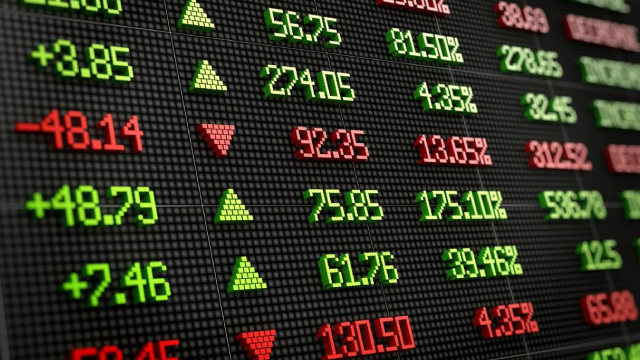RSP Stock Recent News
RSP LATEST HEADLINES
The S&P 500 closed above 6000 for the first time since mid-February. The index posted its second consecutive weekly gain, finishing up 1.5% from the previous Friday, and is now sitting 2.34% below its record close from February 19th, 2025.
One-of-one project pays homage to Count Rossi 917 in 50th anniversary year One-of-one project pays homage to Count Rossi 917 in 50th anniversary year
The S&P 500 bounced back [last] week, gaining 1.9% from the previous Friday. The index is now sitting 3.78% below its record close from February 19th, 2025.
Last week's economic data presented a mixed but generally more positive outlook. Inflation continued its downward trend in April, reaching its lowest point in over four years.
On this week's episode of ETF Prime, host Nate Geraci and VettaFi Investment Strategist Cinthia Murphy analyzed the various S&P 500 ETF offerings. Later, Geraci welcomed SS&C ALPS Advisors' Chief ETF Strategist Paul Baiocchi to discuss ETF trends, from active and alternatively-weighted strategies to international and thematic ETFs.
The S&P 500 is widely considered to be the best indicator of how the U.S. stock market is doing, and it's easy to understand why. After all, it contains 500 of the largest companies in the United States, and these collectively represent 80% of the overall value of all publicly traded companies.
Markets have been turbulent and uncertainty have been high. But one of the biggest stories in the ETF market this year has been the nonstop impressive asset-gathering pace of the Vanguard S&P 500 ETF (VOO).
A smart beta exchange traded fund, the Invesco S&P 500 Equal Weight ETF (RSP) debuted on 04/24/2003, and offers broad exposure to the Style Box - Large Cap Blend category of the market.
Last week's economic data presented a mixed bag, arriving against a backdrop of an S&P 500 that trended upwards for the entire week, buoyed by positive developments in trade talks.
The first exchange-traded fund (ETF) created was the SPDR S&P 500 ETF. It was a logical first step for what has now become a massive product category.








